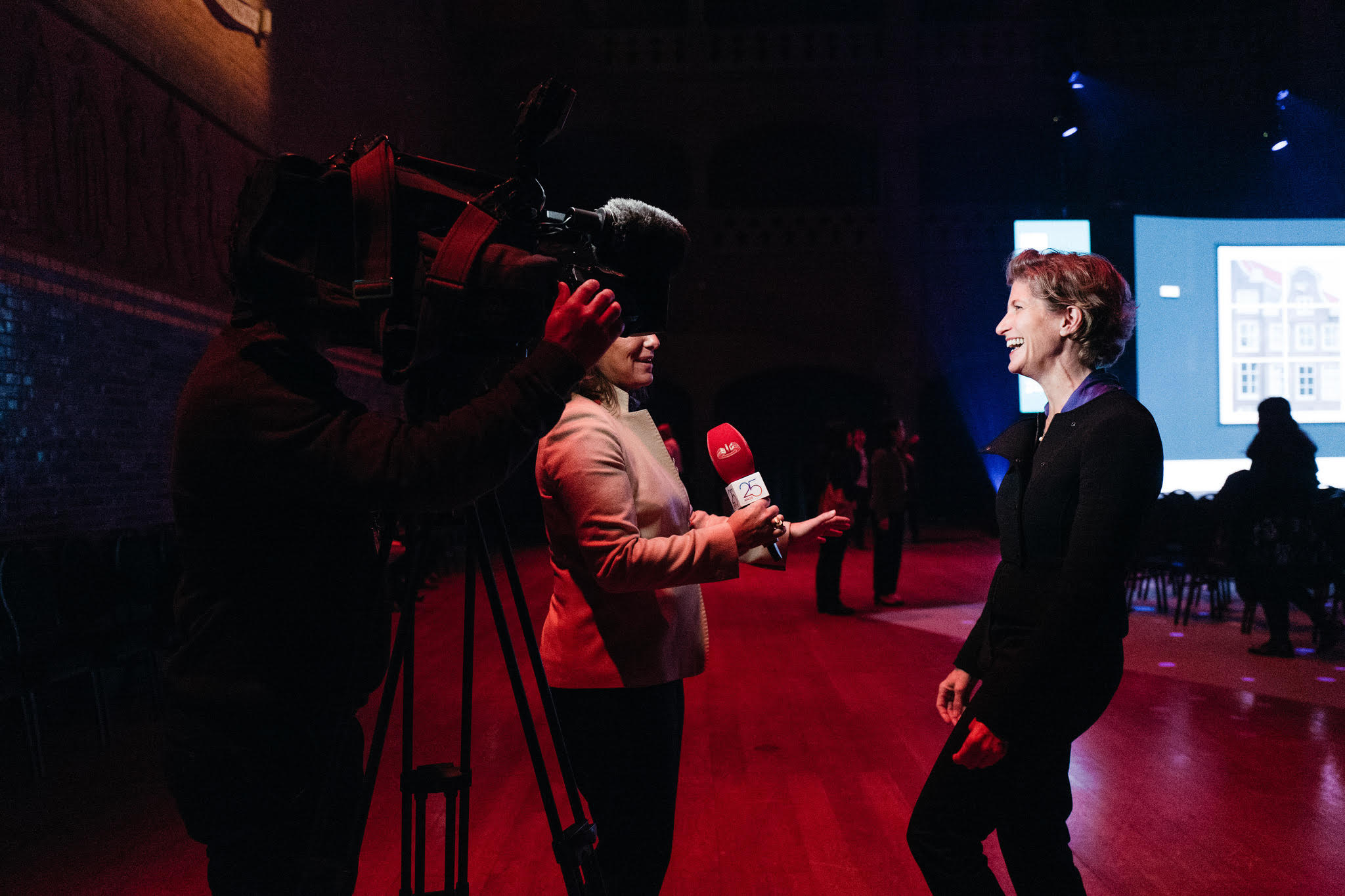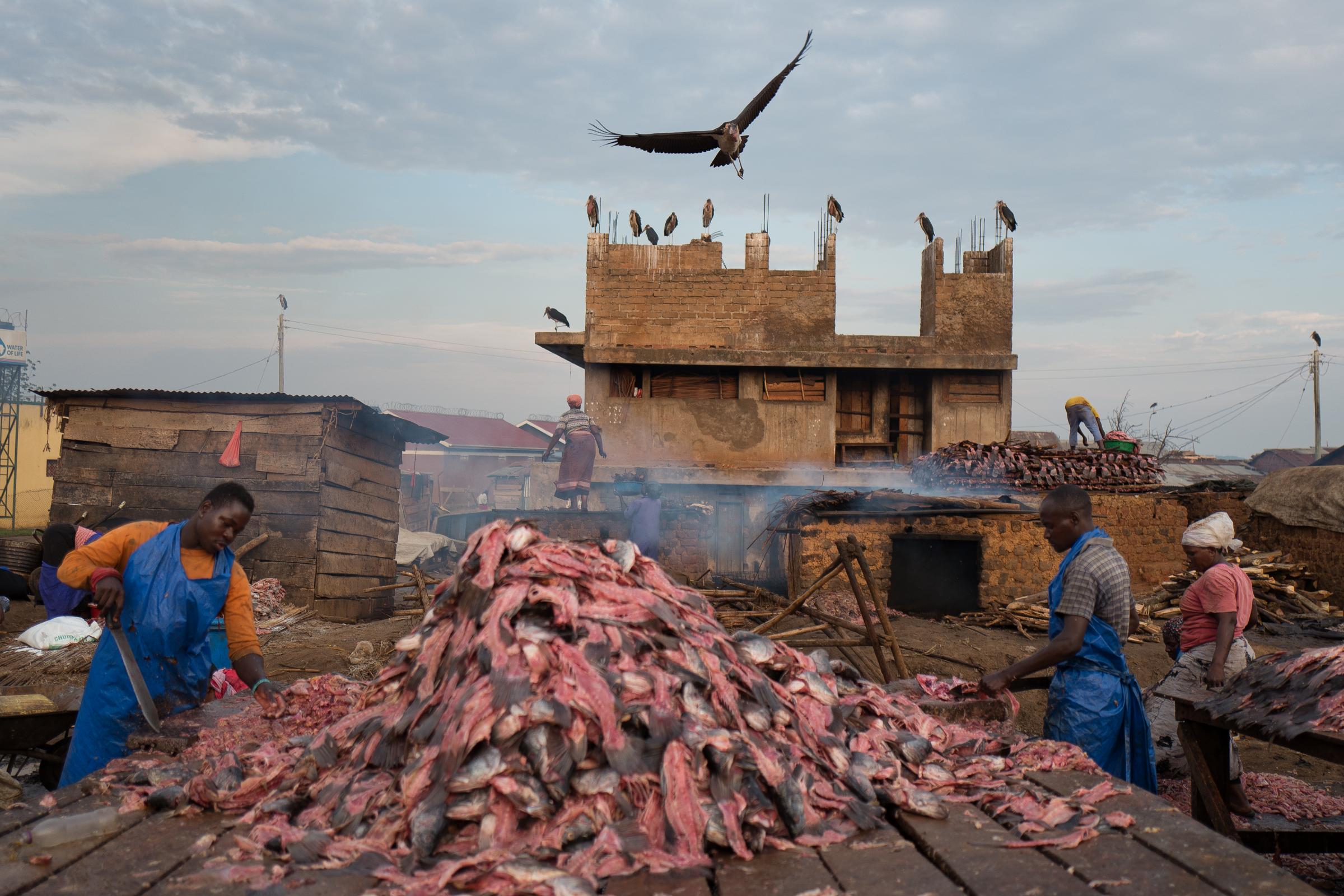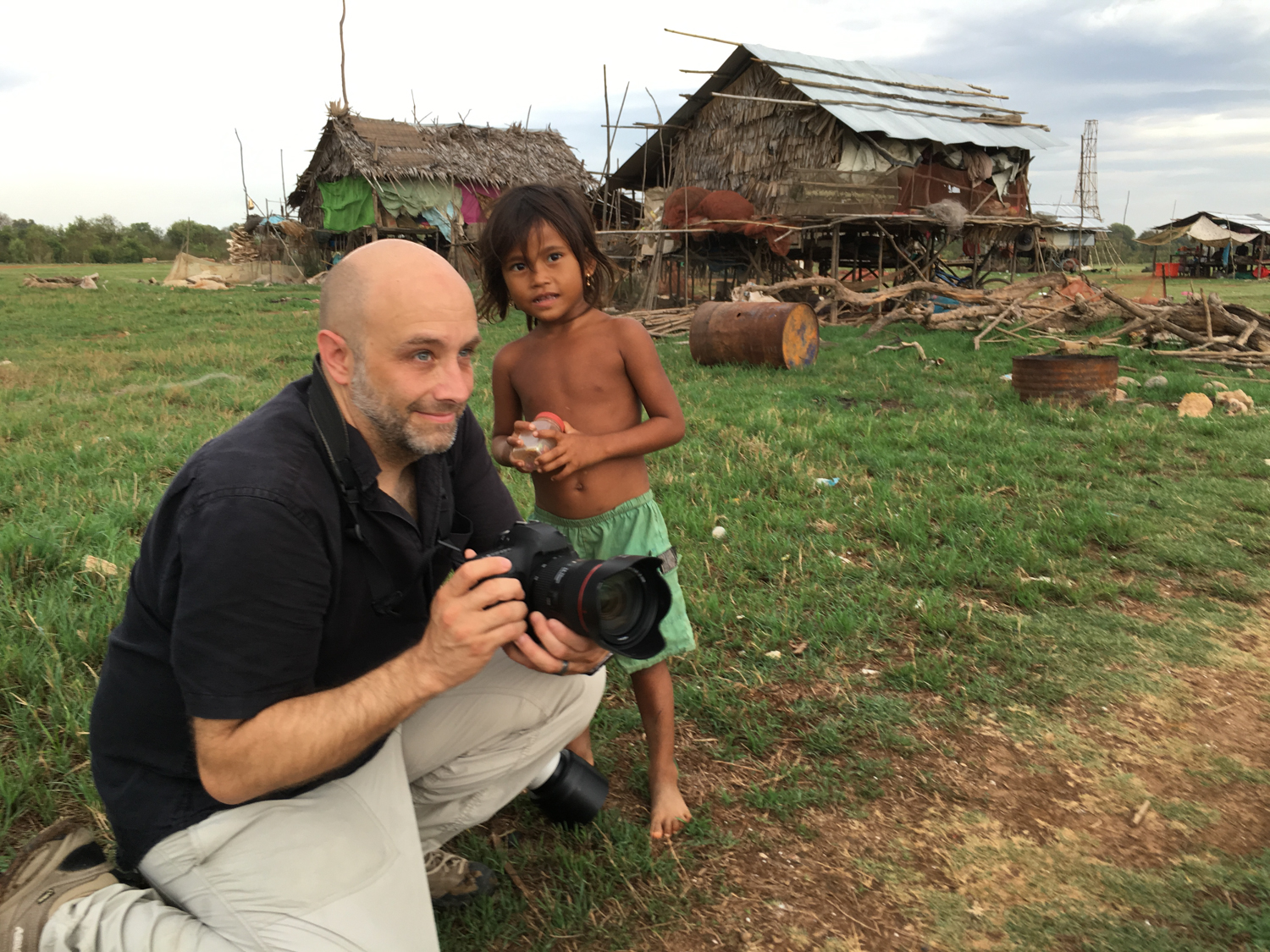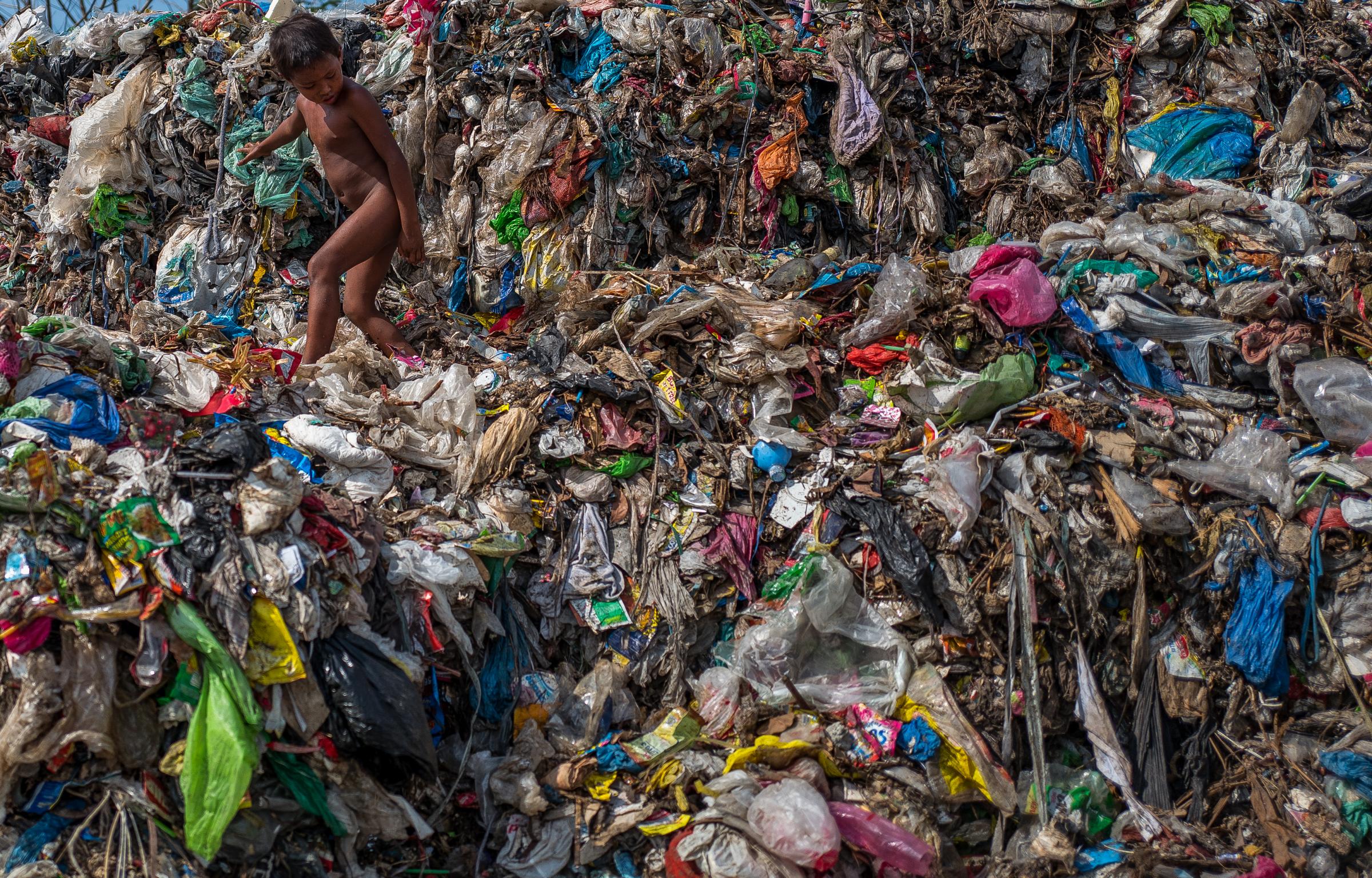
Creating global conversations through nonprofit journalism
Christina Curtin is development manager at Orb Media. Orb is currently one of more than 100 organizations participating in News Match, a national matching gifts campaign to encourage grassroots support for nonprofit news organizations.
What happens with a story after it’s been reported, published and read? Hopefully, a whole lot.
The information people have shapes their beliefs and actions. Taken together, those beliefs and actions are what shape our world. Journalism — reimagined for a global, digital age — can play a crucial role in building a better shared future. And it starts with reporting.
Orb Media exists to produce eye-opening journalism on issues that touch billions of people around the world. It’s a lofty goal, to be sure, but it’s worth working for because so much is at stake for so many. As a nonprofit newsroom, we are guided by this mission and empowered by the values we hold as journalists.
In fact, our founder and CEO Molly Bingham started her career as a photojournalist, traveling around the world to areas of conflict with her camera. She documented suffering, injustice and human resilience. She also got an idea. From Burundi to Chiapas to Rwanda, everyone she met shared core similarities with her and each other that far outweighed their differences. Maybe a new type of journalism that incorporated voices from around the world and was available and understandable to nearly everyone could help us come together around our common stake in the future. Orb Media was born.
Today each Orb story fuses reporting by professional journalists who go meet people where they are and learn their stories with careful data analysis and social journalism. The public is a partner in our reporting long before they are our readers. Then we partner with publishers around the world to distribute our stories as far and wide as possible. After that, it’s up to our audience.
Take the example of Invisibles: The plastic inside us.
In September, Orb revealed it had testing drinking water samples around the globe and found 83 percent contaminated with plastic. What does it mean for human health? We don’t know because not enough scientific studies exist yet. We do know that everyone needs water to drink, to cook, to bathe, and to feed their crops. If a story can capture the attention of enough people around the world, maybe they will be inspired to act.
We published our reporting with 14 media outlets, reaching 20 national markets in eight languages. After one month, our findings had appeared over 100 times in print, digital, TV and radio outlets in 64 countries and 25 languages. On social media, a hashtag we created for the story #OrbPlastics reached a potential audience of more than 21 million people.
This is what it looks like when nonprofit journalism catalyzes a global conversation.
What was the impact?
In a survey embedded in the story, 98 percent of readers thought that action should be taken immediately on the issue of microplastics in tap water.
Activist organizations demanded further research and investigation.
Industry representatives and academics requested our methodology to conduct their own research.
In Denmark, Hong Kong, South Korea and other countries, lawmakers announced new testing of drinking water.
At Orb, we believe journalism is a public service, and at its best, it not only informs, but engages, inspires, and empowers readers to build a better world. As a nonprofit newsroom, reader support is part of that. Without you, these stories don’t just go unread, they go untold. When they go untold, we lose the opportunity to act.
It’s what our audience does after a story is published that matters most.
- newsmatch.orgExternal Content / Website
Recent Content
-
Journalismarticle ·
-
Journalismarticle ·
-
Journalismarticle ·






